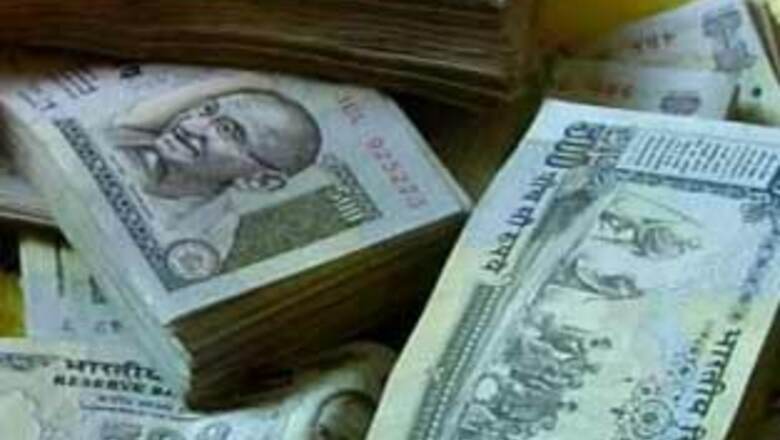
views
Income: Rs 100
Expenses: Rs 99
Life is fine.
Income: Rs 99
Expenses: Rs 100
Life is in despair.
(Due apologies to Charles Dickens!)
There used to be a time when it was advisable to have regular health check ups when one turned 45. Now, it's closer to 30. But there are no dates when it comes to a financial check up; it's a must-do right from the day you take up a job, or a loan.
What is your breaking point?
What would happen if you got a big bill for an unexpected expense? Like the proverbial camel, will this be the straw that will break you?
If you are on a tight leash -- say your EMI eats up 45 per cent of your take-home pay -- even a small increase in the floating rate can be the last straw.
But if you are on solid footing, you can shoulder daily bills as well as afford, for example, unforeseen auto expenses.
If you are not feeling too confident, it is time to take a closer look at your lifestyle. You may be comfortable today, but if a single expense is all that stands between you and financial disaster, you are heading for trouble. And you need to take steps to avert it.
How long can you survive sans salary?
What would happen if your next salary cheque does not come in? Or even worse, your company told you a great tax saving device -- of being on contract? This means a stroke of jaundice or a fracture can mean no income for a month at least!
Will you be evicted from your house? Will the bank foreclose your home loan? Can you afford to send money to your parents? Or to a younger sibling whose education you are funding?
More importantly, how long can you afford groceries? If you cannot live for at least four to six months if you suddenly stop collecting your salary, you have a problem that needs some serious attention.
Create an emergency fund. This is a critical part of a sound financial plan. Put three to six months worth of your income in the bank (floating rate mutual fund for some people).
This is a great way to have cash on hand. It also gives you some breathing room in case your income comes to a temporary halt.
Are you maxed out?
Credit worthiness is another way to gauge your fiscal health. Do you pay your credit card dues in full or do you pay only the minimum amount due? Would you qualify for a loan? If you have high balances on credit cards, or cannot get a loan or another credit card, chances are that the amount you owe and the amounts you earn and save are out of balance.
If you pay for food, basic clothing, CDs, mobile, electricity and other bills with your credit card and pay only a portion of the bill on a monthly basis, you are living beyond, perhaps, far beyond your means.
What about savings and, er, investments?
If you have enough cash at hand to address any emergency expenses, live without an income cheque for six months and still have some credit to tap, the next thing to consider is the amount of money that you are able to save and invest.
Start thinking about saving and investing when you have money left from your income after paying bills, and when your savings account shows some balance.
But if you do not have an emergency fund (cash or a rich dad), are maxed out on your credit card, cannot get a new card and the bank thinks you are "negative" for a new card or a personal loan, then you are in trouble!
The first step is to cut your spending.
So whether you are good at number crunching or not, do get your financial act together and start living on a budget.
Disclaimer: While we have made efforts to ensure the accuracy of our content (consisting of articles and information), neither this website nor the author shall be held responsible for any losses/ incidents suffered by people accessing, using or is supplied with the content.


















Comments
0 comment